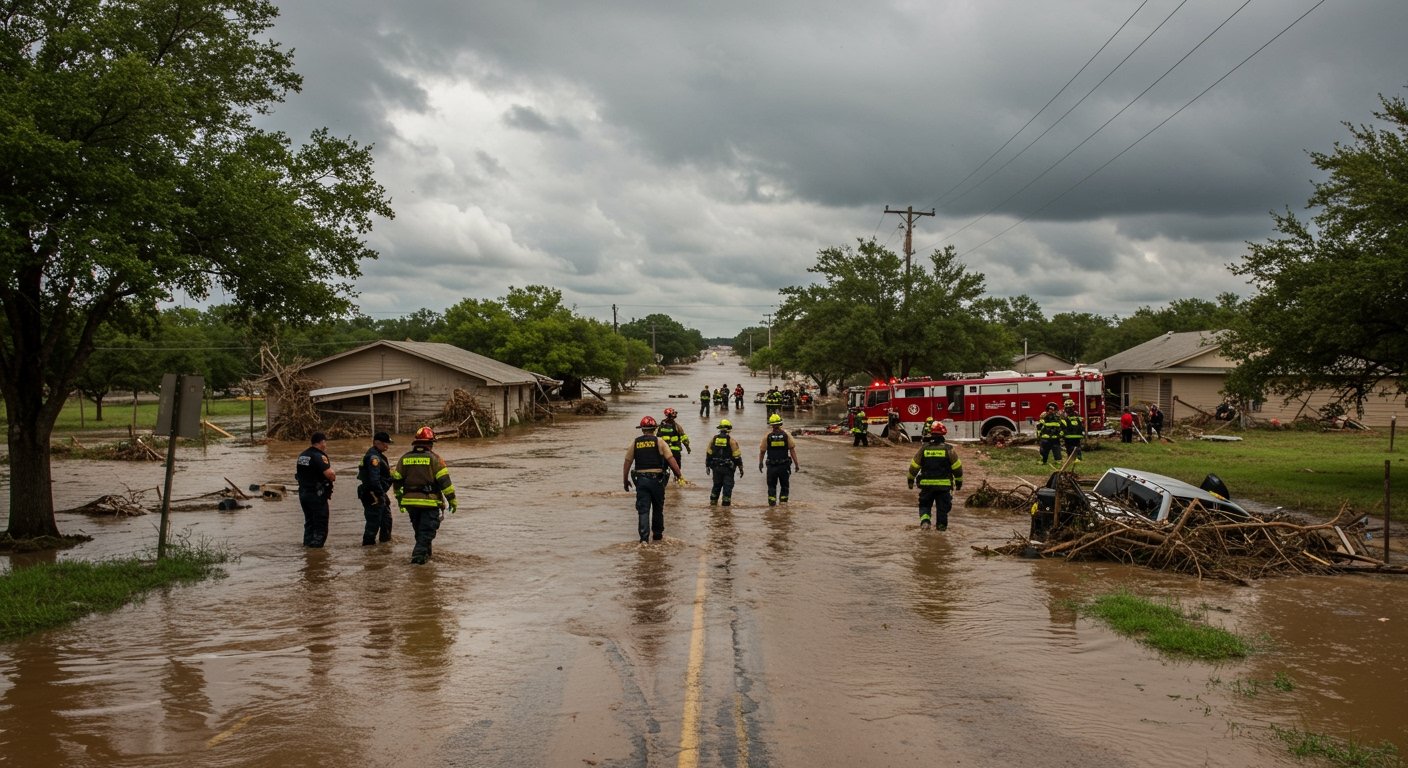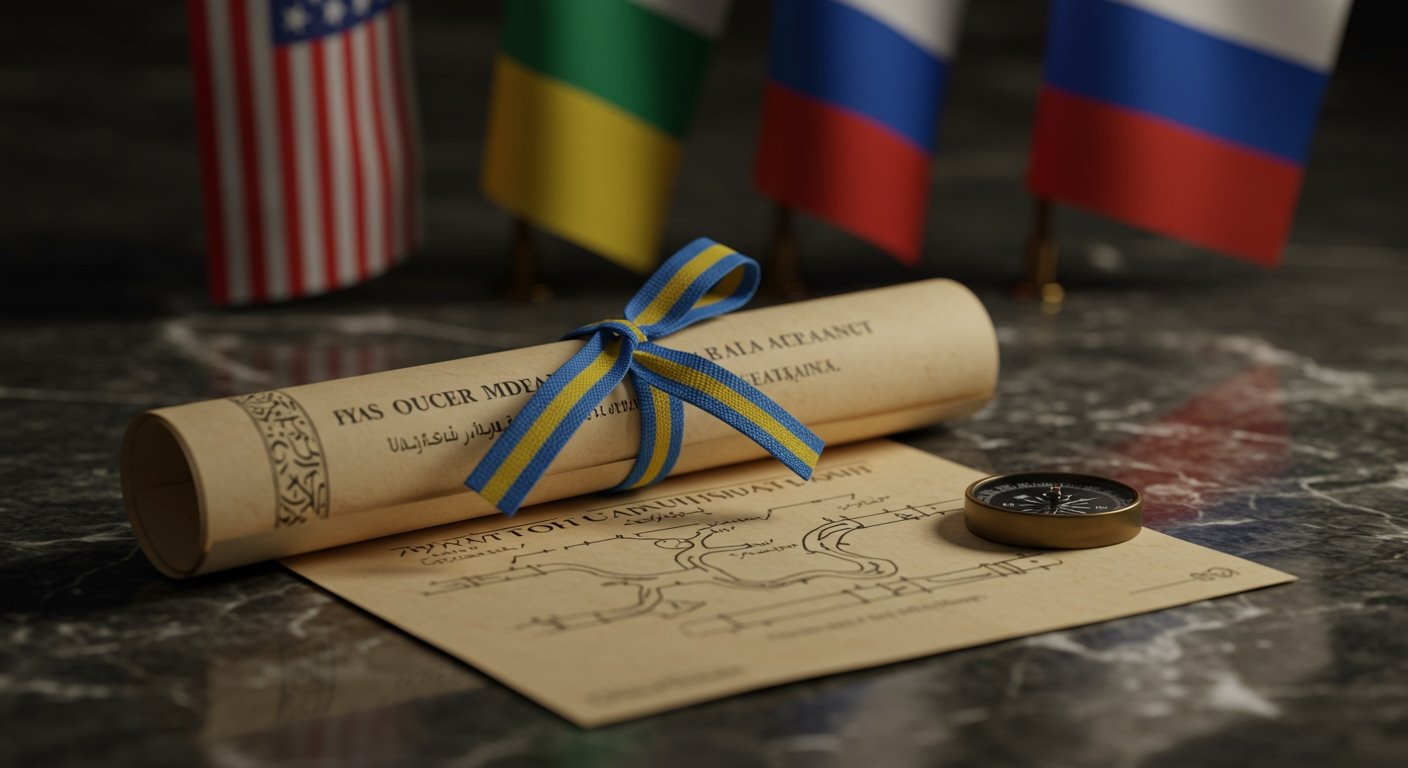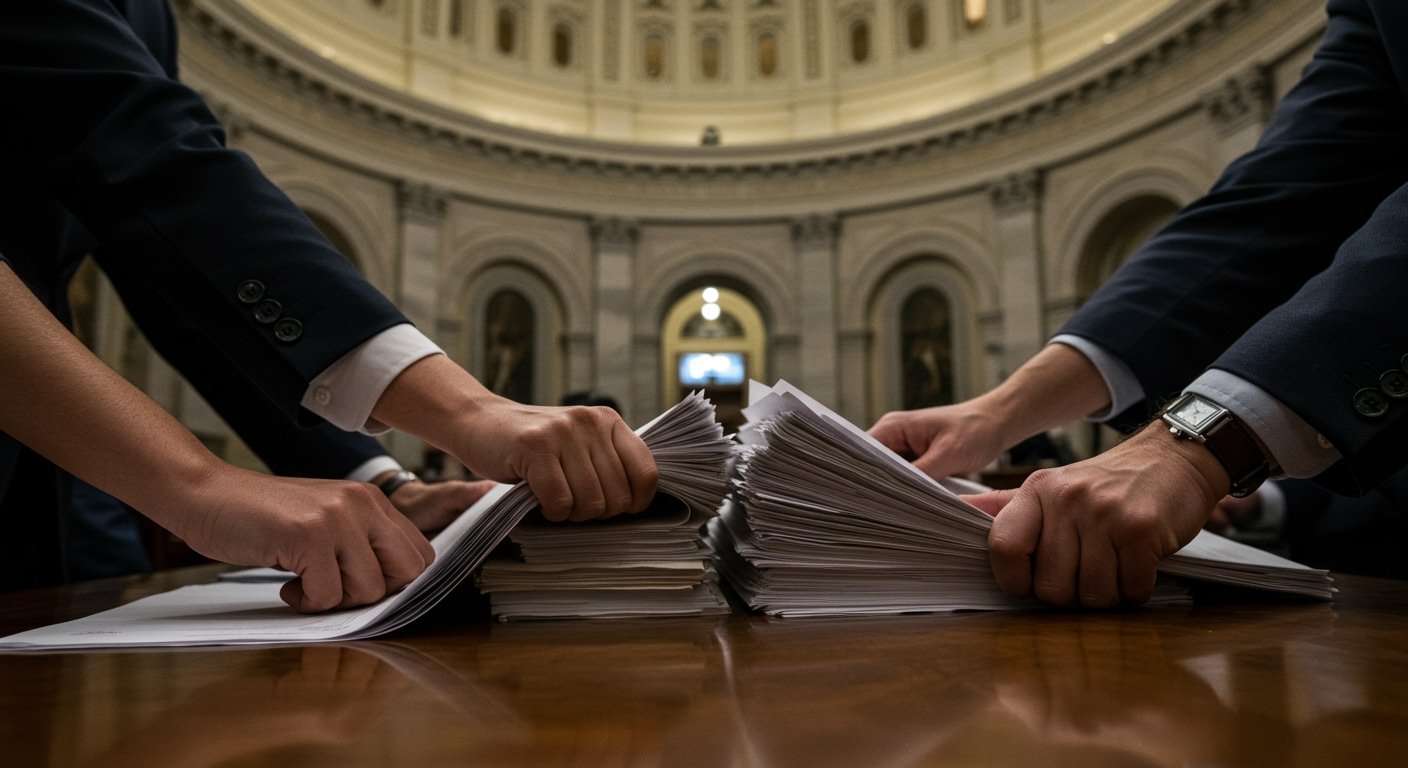London, UK – European leaders gathered in London on Sunday, March 2, at a pivotal moment described by British Prime Minister Keir Starmer as a “crossroads in history” for the continent. The high-level meeting, attended by a group of mostly European leaders, underscored the urgent need for a unified and robust response to the ongoing conflict in Ukraine and the broader geopolitical challenges facing Europe.
Prime Minister Starmer delivered a forceful address, urging his European counterparts to strengthen their collective borders and provide unwavering support to Ukraine. His remarks set the tone for discussions focused on navigating the complexities of the current security landscape and forging a path towards stability.
Outlining a Joint Path Towards Peace
A significant outcome of the meeting was the presentation and endorsement of a joint initiative developed by the United Kingdom, France, and Ukraine. This plan outlines a framework aimed at bringing an end to Russia’s war in Ukraine through a series of strategic steps designed to empower Kyiv and exert continued pressure on Moscow.
While the full details of the comprehensive plan were not immediately disclosed, Prime Minister Starmer provided the outlines, emphasizing collaboration and a phased approach to conflict resolution. The involvement of Ukraine in developing the framework highlights a commitment to ensuring any future peace settlement reflects Kyiv’s priorities and concerns.
Leaders Agree on Four Crucial Steps
The leaders in attendance reached a consensus on four specific, actionable steps fundamental to advancing the peace initiative and supporting Ukraine’s position. These steps represent a shared commitment to maintaining international solidarity and leveraging diplomatic and material support to shape the conditions for a lasting resolution.
The first agreed-upon step is ensuring continued aid to Kyiv. This commitment recognizes the necessity of sustained financial, humanitarian, and military assistance to enable Ukraine to defend itself and maintain essential state functions amidst the conflict. The leaders acknowledged that predictable and robust support is crucial for Ukraine’s resilience.
The second step focuses on maintaining economic pressure on Russia to bolster Ukraine’s negotiating position. This involves the continuation and potential strengthening of sanctions and other economic measures targeting the Russian economy. The objective is to constrain Moscow’s ability to finance the war and create leverage for Ukraine at any potential peace talks, making it clear that the economic cost of the conflict will continue to rise for Russia.
The third critical step agreed upon is guaranteeing Ukraine’s presence at the bargaining table with any peace deal ensuring its sovereignty and security. This point is paramount for Ukraine, ensuring that its voice is central to any negotiations about its future. The emphasis on sovereignty and security underscores the international community’s commitment to Ukraine’s territorial integrity and its right to exist as an independent nation, free from external coercion or threats.
The fourth step outlined is continuing to arm Ukraine to deter future invasions. This acknowledges the ongoing need for military support to Ukraine, not only to address the current conflict but also to build a defense capacity strong enough to prevent future acts of aggression. The provision of arms and military training is seen as a vital component of long-term security for Ukraine and a deterrent against revisionist aims in the region.
Significance of the London Meeting
The gathering in London and the agreement on these four steps signal a reinforced commitment from a key group of European nations to a strategic approach in supporting Ukraine and managing the conflict with Russia. Holding the meeting in London also highlights the UK’s continued engagement with continental security matters, particularly in the context of the Ukraine war.
The leaders’ endorsement of the four steps provides a clear framework for future actions and coordination. It underscores the shared belief that peace can only be achieved through a combination of sustained support for Ukraine, economic pressure on Russia, and a commitment to Ukraine’s fundamental rights at any negotiating forum.
Starmer’s framing of the current period as a “crossroads in history” reflects the profound implications of the conflict for the future of European security and the international order. The decisions and actions taken by leaders now, he implied, will shape the continent for decades to come.
While the path to peace remains challenging, the agreement on these four steps represents a concrete alignment of purpose among the participating nations. It sets clear priorities for diplomatic efforts, aid provision, and defense support, aiming to create the necessary conditions for a just and lasting peace that respects Ukraine’s sovereignty and ensures its future security. The focus now shifts to the implementation of these steps and the continued coordination among international partners.










